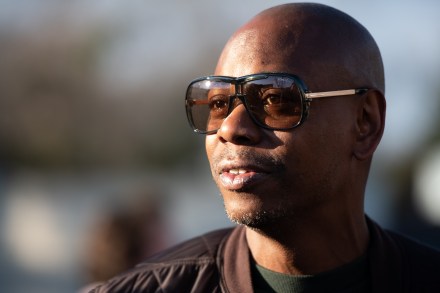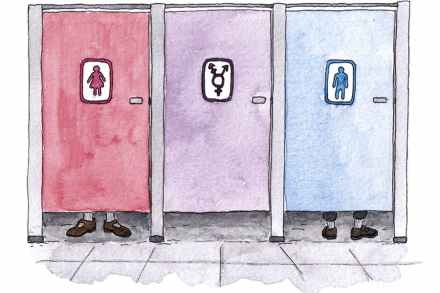Why we need an inquiry into gender treatment for children
Sajid Javid is right to worry about the way the NHS has treated children who identify as transgender. The Health Secretary is reported to be preparing an urgent inquiry into the issue, and planning an overhaul of how the health service treats young people with gender dysphoria. He is the Secretary of State for Health and Social Care, so it is his job to be concerned. But for too long ministers have shied away from what future generations may consider to be a scandal of epic proportions. In England, children presenting with gender dysphoria are referred to a single NHS provider – the Gender Identity Development Service (GIDS) operated by




















